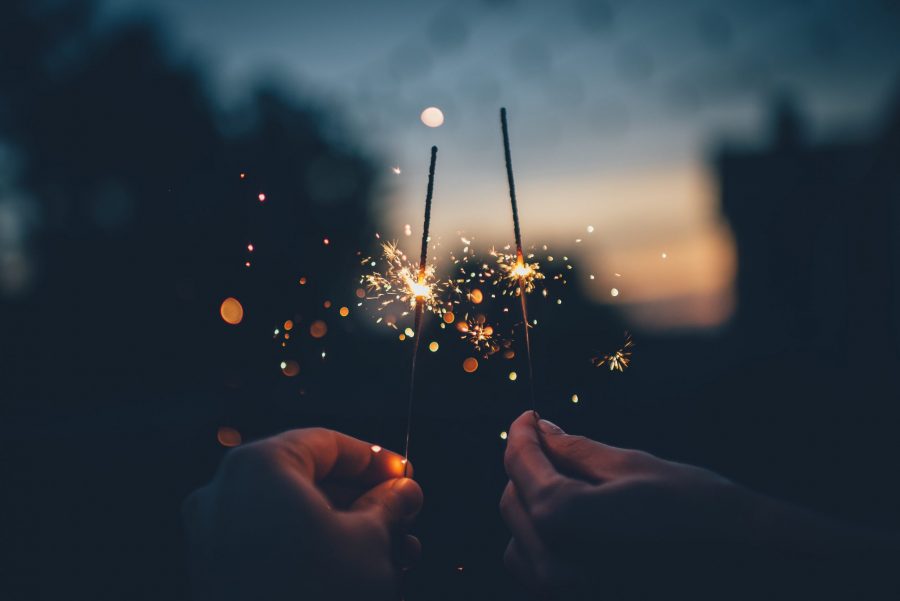A handful of days more and we will be eating our grapes to the rhythm of the New Year’s Eve chimes at the stroke of midnight on 31 December. This annual celebration provides us with an opportunity to delve once again into that thing we have so tightly wrapped up in our own skin, and that is… time! This feast is not properly Christian, but it is human and very human. And its purpose is not – it should not be at all – to “kill time”.
It turns out that we resort to this expression not infrequently. It has even become one of the imperatives of our society. Bored, jaded by the minutes ticking by, we sometimes feel compelled to turn to whatever entertainment we can find to alienate ourselves from the incessant ticking of the hands of the clock and thus ward off boredom. Shall we forget that time, one of God’s invisible gifts, is the most precious material of which life is made?
What we spend our time on is what we truly value. As the fox reminded the little prince: “The time you wasted for your rose makes your rose so important“. Life has a limited duration, even if we don’t like to be reminded of it. We are finite beings, with a beginning and an end, immersed in a time that passes inexorably. To “kill time” is in reality to squander or consume part of the best thing we have: life.
On the contrary, those who make good use of their time manage their life well. The key to doing so – without obsessing over its passage, but also without wasting it stupidly – is to understand that each day is a gift from God made up of 1,440 minutes that pass one after the other, silently and inexorably, until, at a certain point in life, the clock stops… In time, we prepare our future, which lies beyond the frontier of death. To waste, squander and dissipate our hours is to predetermine our ultimate destiny.
Time fructifies by inhabiting the present moment. “Each day has its own eagerness”, says Jesus. This makes perfect sense: the past is past, and the future is yet to happen, so now is the real thing. It is a mistake to think that those who live twice as fast can enjoy twice as many options in life. Acceleration does not make life multiply, nor does it facilitate access to a full life. Fulfilment is not measured in terms of quantity but in terms of meaning. You don’t live longer by doing more things. We live more when we savour more. When what we do has a meaning that fills and is called love. Without love there is no life, there is nothing.
Then, and only then, we stop “killing time” and use it for what really allows us to live fuller experiences, extending the present moment as much as we can. At the beginning of the new year, don’t kill time, make the most of it!
Juan Carlos cmf
(PHOTO: Ian Schneider)






